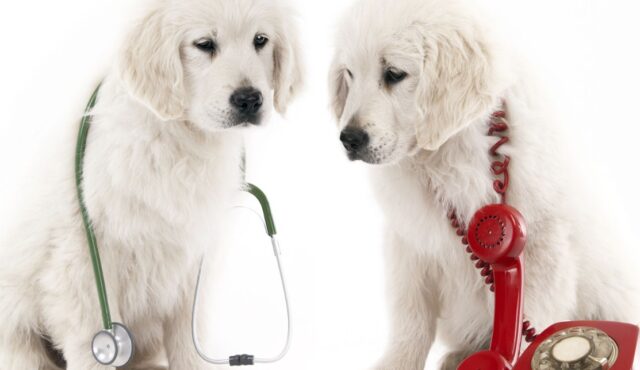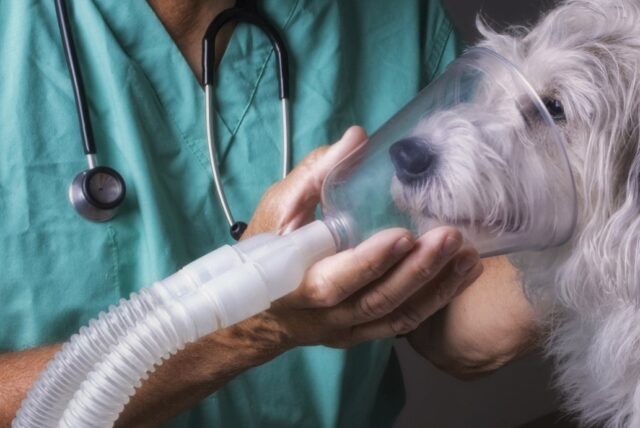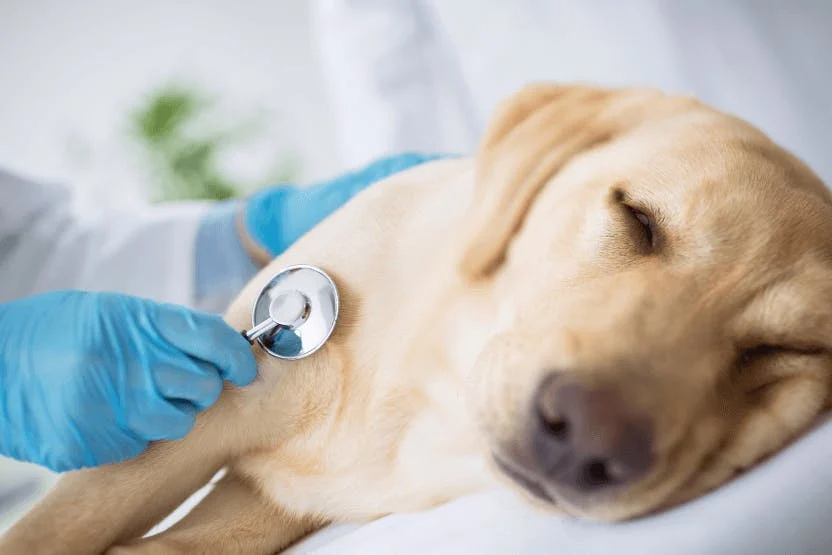
When it comes to our furry friends, their health and well-being are of utmost importance. Just like humans, pets can face unexpected medical emergencies that require immediate attention. While regular veterinary check-ups are essential for their overall health, there are times when a trip to the pet urgent care is unavoidable.
In this blog, we’ll explore eight compelling reasons why you should head to urgent care when your four-legged family member is in distress. From sudden injuries to unexpected illnesses, these situations demand prompt and professional care.
Traumatic Injuries
Accidents happen, and pets are not immune to them. Traumatic injuries, such as fractures, lacerations, and wounds from fights with other animals, can be painful and require immediate medical attention. In these cases, urgent care services are crucial to assess and treat the injury properly. Waiting too long can lead to complications and increased suffering for your beloved pet.
When it comes to fractures, it’s important to remember that pets may not always show obvious signs of pain. Some animals are known for their high pain tolerance, so a seemingly minor injury could be more severe than it appears. At one of these centers, veterinarians have the expertise and equipment to diagnose the extent of the fracture and determine the best course of action, whether it’s setting a bone or performing surgery.
Additionally, wounds from animal fights or other accidents may require stitches or other forms of wound care. Proper cleaning and closure of these wounds are essential to prevent infection and ensure optimal healing. Veterinary professionals are well-equipped to handle such situations efficiently.
Difficulty Breathing

If your pet is experiencing difficulty breathing, it’s a sign of a severe problem that demands immediate attention. Respiratory distress could be caused by various factors, including allergies, foreign objects stuck in the airway, or even underlying cardiac issues. An urgent care facility for your pets can quickly diagnose and address the issue to ensure your pet can breathe comfortably again.
Allergies can be particularly problematic for some pets, leading to sudden respiratory distress. A visit to the pet urgent care can help identify the allergen and provide appropriate treatment, such as antihistamines or medications to reduce inflammation in the airways. If a foreign object is the culprit, veterinarians can use specialized tools to remove it safely, preventing further complications.
In cases of heart-related issues, such as congestive heart failure, rapid and labored breathing can be a symptom. Veterinary professionals can perform diagnostic tests like X-rays and ECGs to assess your pet’s heart function and initiate the appropriate treatment, which may include medication to manage heart conditions.
Gastrointestinal Distress
Vomiting and diarrhea are common symptoms of gastrointestinal distress in pets. While occasional upset stomachs can be normal, persistent or severe symptoms may indicate a more serious underlying problem. Dehydration and nutrient loss can occur rapidly, making it essential to seek professional care at one of these clinics.
In some instances, vomiting and diarrhea could be caused by dietary indiscretion, where a pet ingests something they shouldn’t have, like garbage or toxic plants. Vets and vet techs can administer medications to stop vomiting, provide fluids to prevent dehydration, and offer advice on dietary changes to prevent future episodes.
However, more serious conditions like pancreatitis or intestinal blockages may also present with similar symptoms. These require a thorough examination, diagnostic tests, and, in some cases, surgical intervention. These emergency facilities are equipped to handle these cases promptly and effectively.
Toxic Ingestion

Pets are naturally curious, and they may ingest substances that are toxic to them. This could include household chemicals, plants, medications, or even certain human foods. Toxic ingestion can lead to severe symptoms like vomiting, seizures, and organ damage. Pet urgent care centers are equipped to provide immediate treatment and minimize the effects of poisoning.
In the case of toxic ingestion, time is of the essence. Some toxins can be rapidly absorbed by the body and cause severe damage quickly. If you suspect your pet has ingested something toxic, contact the urgent care facility on your way there to alert them to the situation. This way, they can prepare for your pet’s arrival and begin treatment immediately upon your arrival.
Seizures
Witnessing your pet have a seizure can be an alarming experience. Seizures can result from a range of causes, including epilepsy, toxins, or underlying medical conditions. Trained veterinary doctors can evaluate the situation, administer appropriate medications, and develop a treatment plan to manage and prevent future seizures.
It’s important to provide as much information as possible to the veterinary team when your pet experiences a seizure. Details such as the duration of the seizure, any potential triggers or recent changes in your pet’s behavior, and the frequency of seizures can help veterinarians in their diagnosis and treatment plan.
Once at the animal care center, diagnostic tests may be performed to rule out underlying causes. This can include blood work, imaging (such as MRI or CT scans), and neurological examinations. With the right information and treatment, many pets with seizures can lead happy and healthy lives.
Allergic Reactions

Just like humans, pets can have allergic reactions to various triggers, including insect bites, certain foods, or environmental allergens. Allergic reactions can manifest as itching, swelling, difficulty breathing, or hives. When you notice such symptoms, getting care is essential to identify the allergen and provide prompt treatment to alleviate your pet’s discomfort.
Allergic reactions can range from mild to severe. Mild reactions may involve localized itching and redness, which can often be managed with antihistamines or topical treatments. However, severe allergic reactions, known as anaphylaxis, can be life-threatening and require immediate intervention. In such cases, animal urgent care professionals can administer medications like epinephrine to counteract the allergic response and stabilize your pet.
Identifying the allergen is crucial in preventing future reactions. These veterinary teams can help you identify potential triggers and provide guidance on allergen avoidance strategies and long-term management.
Sudden Weakness or Pain
If your pet suddenly becomes weak or shows signs of severe pain, it’s a cause for concern. This could be due to a musculoskeletal injury, a slipped disc, or other underlying conditions. Immediate evaluation at an animal urgent care clinic can determine the cause of the pain and provide appropriate pain management and treatment options. Weakness or sudden pain can be debilitating for pets, and it’s essential to determine the source of their discomfort promptly.







